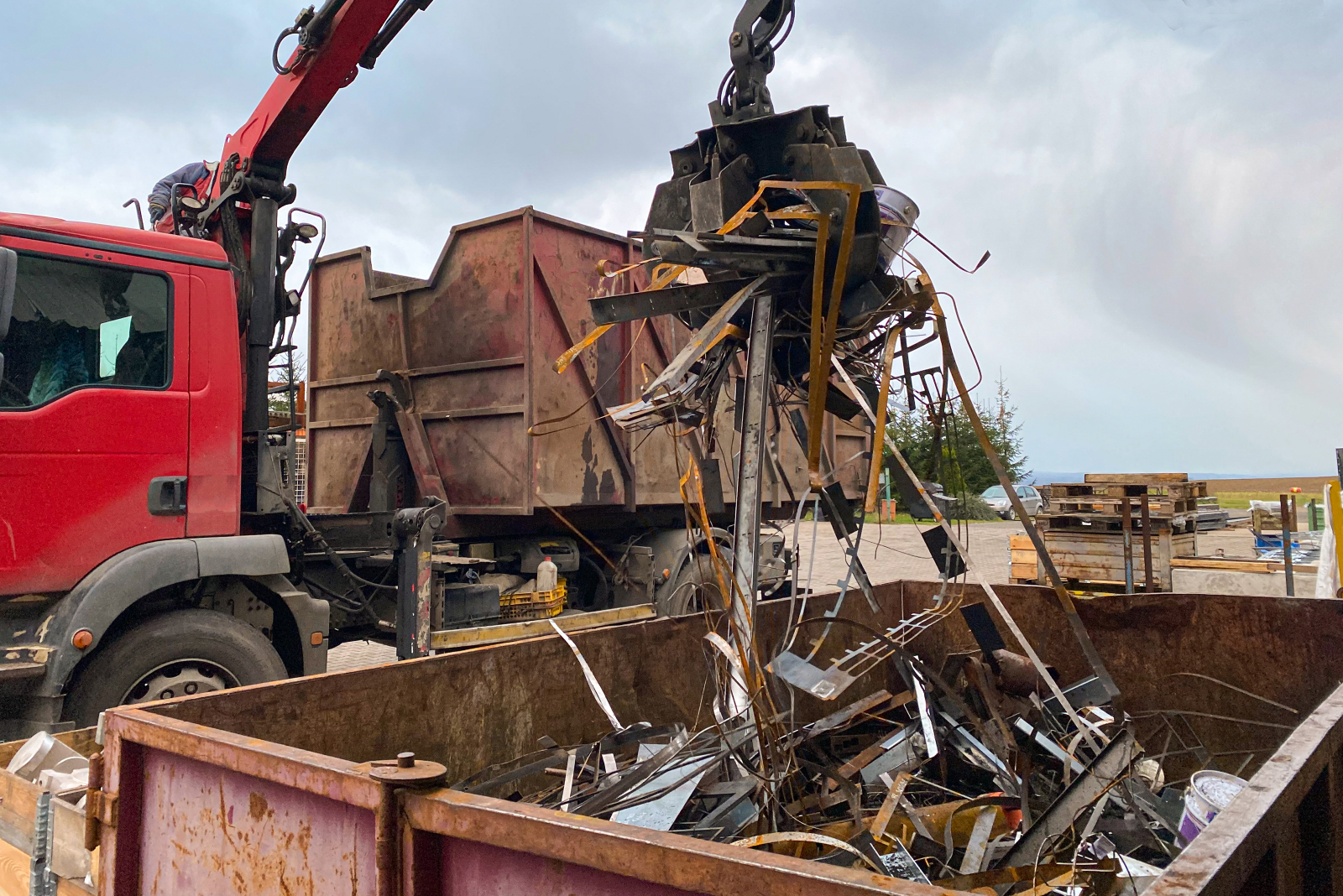
In 2022, the construction industry generated 63 million tonnes of construction and demolition (C&D) waste in England. While 59.4 million tonnes of this waste were recovered, it’s less certain how much was fully recycled.
What is clear is that there is substantial room for the industry to go further in relation to maximising resources and cutting waste. Take a look at this week’s blog to find out more about why this is crucial and what improvements can be made on site.
The importance of resource efficiency
As the construction industry continues to grow, addressing waste management becomes increasingly vital. Effective resource management and waste reduction have three distinct benefits:
- Environmental impact – Construction waste, particularly materials like concrete and insulation, often ends up in landfills where it doesn’t biodegrade, contributing to long-term environmental issues. Efficient use of resources can significantly reduce this negative environmental footprint.
- Economic considerations – Waste not only affects the environment but also represents a financial loss. Materials bought but not used effectively equate to money wasted. By optimising resource use, companies can reduce costs associated with purchasing and waste disposal.
- Regulatory compliance – UK construction firms must follow the Waste Duty of Care under the Environmental Protection Act 1990, ensuring waste is stored, transported and disposed of responsibly. This includes using licensed waste carriers, with breaches potentially leading to fines or prosecution. While Site Waste Management Plans (SWMPs) are no longer mandatory in England, they remain best practice and are required in some regions and public contracts.
Strategies for improvement
By implementing strategic practices, the construction industry can optimise material usage, minimise waste and contribute to broader sustainability goals. Here are five key approaches:
- Implement detailed planning – Before starting a project, develop a comprehensive plan that includes accurate material estimations. This reduces over-ordering and ensures materials are used efficiently.
- Adopt modular construction techniques – Modular construction allows for components to be manufactured off-site and assembled on-site, reducing material waste and improving quality control.
- Use recycled and sustainable materials – Where possible,incorporate recycled materials and/ or sustainable alternatives to traditional building materials. As well as reducing waste and supporting environmental sustainability, using a novel material could give your work an innovative edge.
- Train staff on waste reduction practices – Educate all team members on the importance of waste reduction and proper material handling, including all possible recycling options. Encourage a culture of sustainability on-site.
- Partner with responsible suppliers – Choose suppliers who prioritise sustainability and offer take-back programmes for unused materials. This ensures materials are reused or recycled appropriately.
Time to rethink resources and waste
Maximising resource use on construction sites is not just an environmental imperative but also a smart business strategy. By implementing thoughtful planning, adopting innovative construction methods and fostering a culture of sustainability, the construction industry can significantly reduce waste and improve efficiency.
We’d love to hear your thoughts:
- What strategies have you implemented to reduce waste on your construction sites?
- Have you found success with any particular sustainable materials or methods?
Share your experiences and ideas with us on our Facebook or LinkedIn pages.
30.04.2025
Feature image: Freepik








